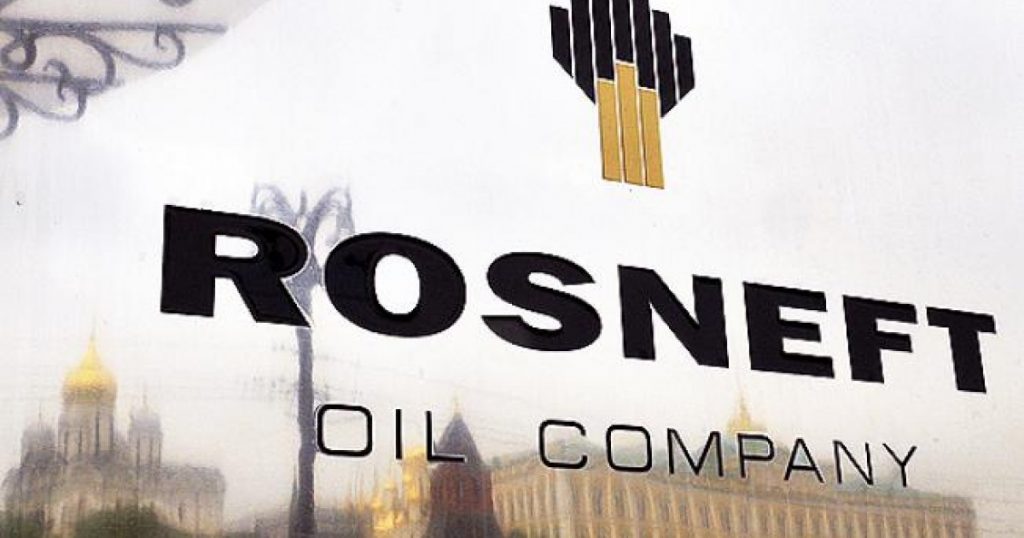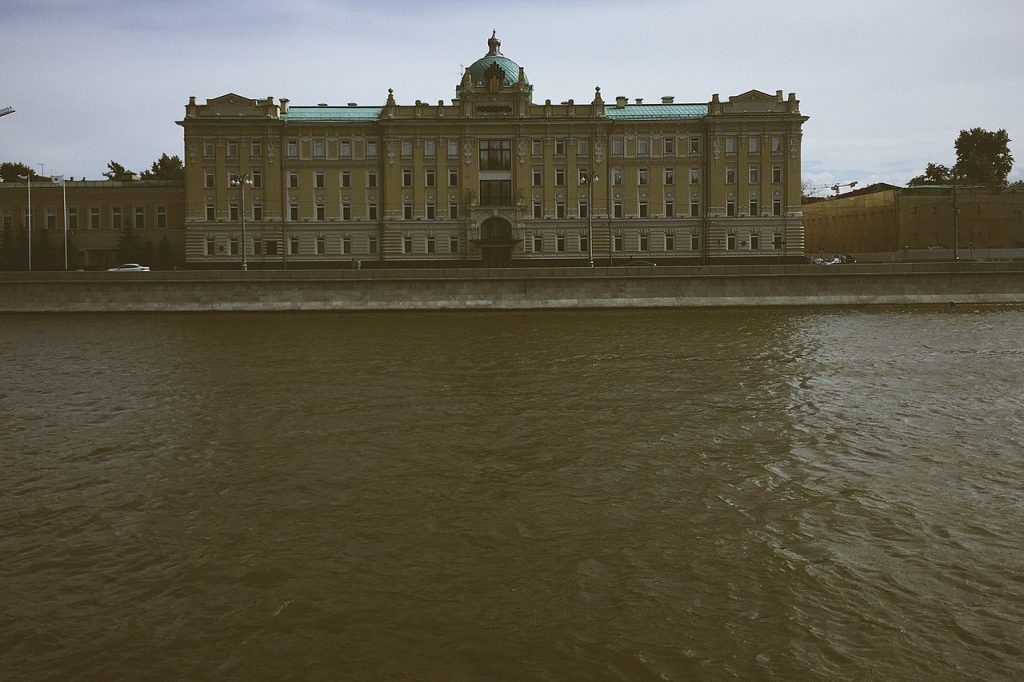RIO DE JANEIRO, BRAZIL – The US government has imposed further sanctions on the Venezuelan oil industry, aimed at preventing economic cooperation with the Geneva-based Rosneft Trading SA. A subsidiary of the Rosneft Russian oil company is to cease operations in Venezuela within the next three months. In case of non-compliance, both the company and its CEO, Didier Casimiro, would be sanctioned.
This is the latest escalation of efforts to overthrow Venezuelan President Nicolás Maduro through economic pressure. Since the self-proclamation of opposition politician Juan Guaidó as “interim president” in January 2019 and his recognition by the USA and its allies, the South American country has been suffering a severe, unilateral economic blockade with the declared goal of regime change.

Officials in Washington accuse Rosneft Traiding of helping Venezuela to circumvent previous US sanctions. “You will see that companies in the oil sector from all over the world will now turn away from trading with Rosneft Trading,” Elliott Abrams, US special envoy to Venezuela, told reporters. The US Secretary of State, Mike Pompeo, announced that the new sanctions would “cut off Maduro’s most precious lifeline”.
Opposition politician Guaidó, who has been unsuccessful for a year, reacted with delight to the tightening of sanctions against his country: “Today Maduro is financing terrorists. So today not only this company was sanctioned, but all those who continue to support the dictatorship,” Guaidó said at the closing of the opposition National Assembly session.
The Russian government commented that the sanctions would not affect its international relations with Venezuela or any other country. Rosneft referred to the sanctions as illegal and “outrageous”. The company’s activities in Venezuela do not violate international or national law. Other international companies, including US companies, were also active in the country, Rosneft said.
The US Treasury Department has granted an exemption to the American oil giant Chevron Corp, allowing the company to continue doing business with the Venezuelan state oil company PDVSA.
Among the effects of sanctions against Venezuela is the fact that, as a consequence of losses on the international market, Russia has now become the second largest source of US oil imports. The country’s exports of crude oil and oil products to the US increased last October to 20.9 million barrels, the highest level since November 2011, according to the US government.
Venezuelan Foreign Minister Jorge Arreaza commented harshly on the US government’s action. He said that this type of action was a crime against humanity, prompting Venezuela to appeal to the International Criminal Court in The Hague last week to lodge a complaint against the US government.

“The US Treasury has become the economic pentagon, that is, the ministry of war against the economy, because unilateral coercive measures are becoming weapons of mass destruction. They are like bombs dropping on the people,” declared Arreaza.
The Foreign Minister also pointed to the nationwide power cuts that occurred in Venezuela last year, which the Venezuelan government believes were caused by cyber attacks on the electrical infrastructure. Foreign companies, who were responsible for restoring the system, failed to do so.
“Where were the services that General Electric or Siemens, as companies, should have provided immediately to help restore the system to which they are bound under contractual obligations to guarantee and maintain our industry?,” Arreaza accused.
He also stressed that the United Nations Charter also bans economic means of violence.

